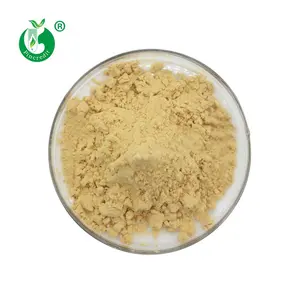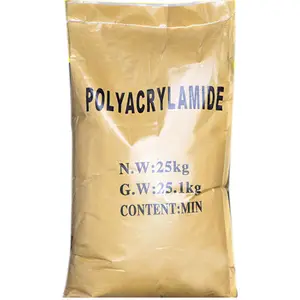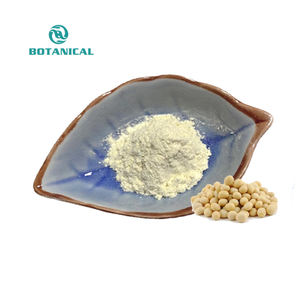

Chitosan Powder Manufacturer Supply Low Molecular Weight Water Soluble Chitosan Oligosaccharide Powder For Food Additives

Buy PAM Flocculant Cationic Anionic Polyacrylamide Pam Crystals Powder Factory Price For Petrochemical Oilfield Chemical























The world of natural ingredients is vast and varied, with soybean polysaccharide standing out as a multifaceted component in numerous applications. This polysaccharide, derived from soybeans, is a complex carbohydrate that offers a range of functional benefits in various industries. Understanding its properties and uses can be crucial for businesses looking to incorporate natural and effective ingredients into their products.
Soy polysaccharides come in various forms, each with unique characteristics. The most common type found in the market is soluble soy polysaccharides, known for their excellent water solubility and emulsifying properties. These characteristics make them particularly useful in the food and beverage industry, where they serve as stabilizers and texture enhancers. Another form, soluble soybean polysaccharide, is gaining attention for its health benefits and its role in dietary supplements.
The applications of soybean polysaccharides are diverse. In the food industry, they are used to improve the texture and shelf life of products. In the pharmaceutical sector, these polysaccharides are utilized for their prebiotic effects and as carriers for drug delivery. The cosmetic industry also employs soy polysaccharide for its moisturizing and skin-conditioning properties. Beyond these, the ingredient is also found in agricultural and industrial products, showcasing its versatility.
The features of soybean polysaccharides that make them particularly advantageous include their natural origin, biodegradability, and compatibility with other ingredients. They are non-toxic and have a low caloric content, making them suitable for low-calorie formulations. Their ability to form gels and emulsions is beneficial in creating a variety of textures in food products, while their film-forming properties are valued in coatings and adhesives.
Sourced from soybeans, these polysaccharides are a byproduct of soy processing, which contributes to the sustainability aspect by utilizing material that might otherwise go to waste. The extraction and purification processes are designed to ensure that the functional properties of the polysaccharides are retained without the use of harsh chemicals, aligning with the growing demand for 'green' and sustainable ingredients.
In conclusion, soybean polysaccharide and its derivatives like soluble soy polysaccharides are not just ingredients but solutions that cater to a wide array of industrial needs. Their natural origin and multifunctional properties make them a valuable addition to any formulation seeking to leverage the power of nature. As the demand for clean and sustainable ingredients continues to rise, the role of soybean polysaccharides is set to become even more significant.